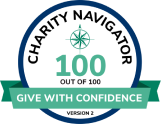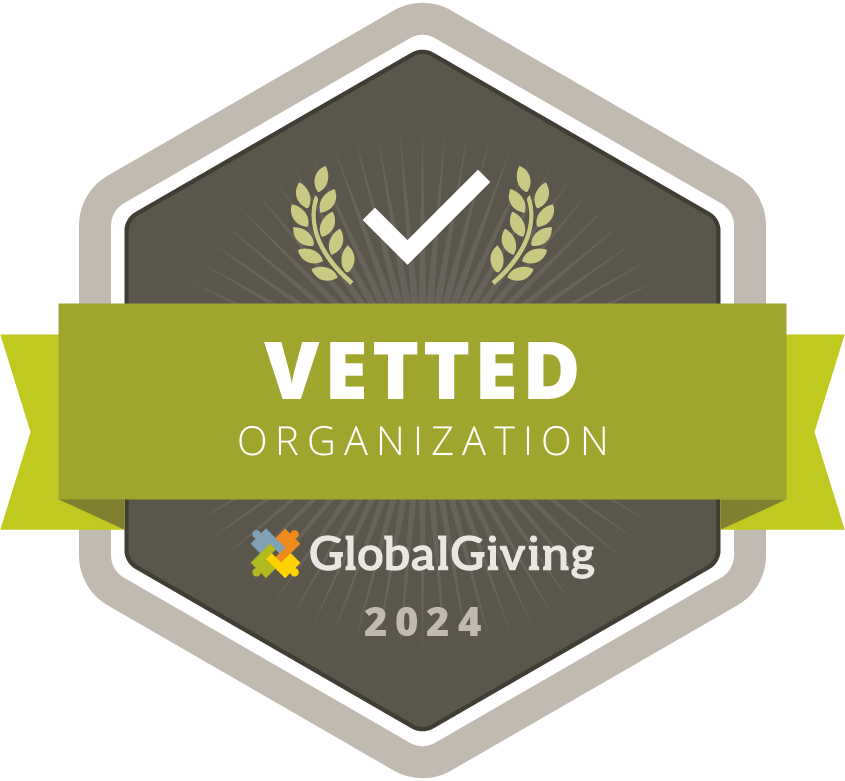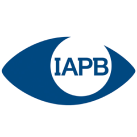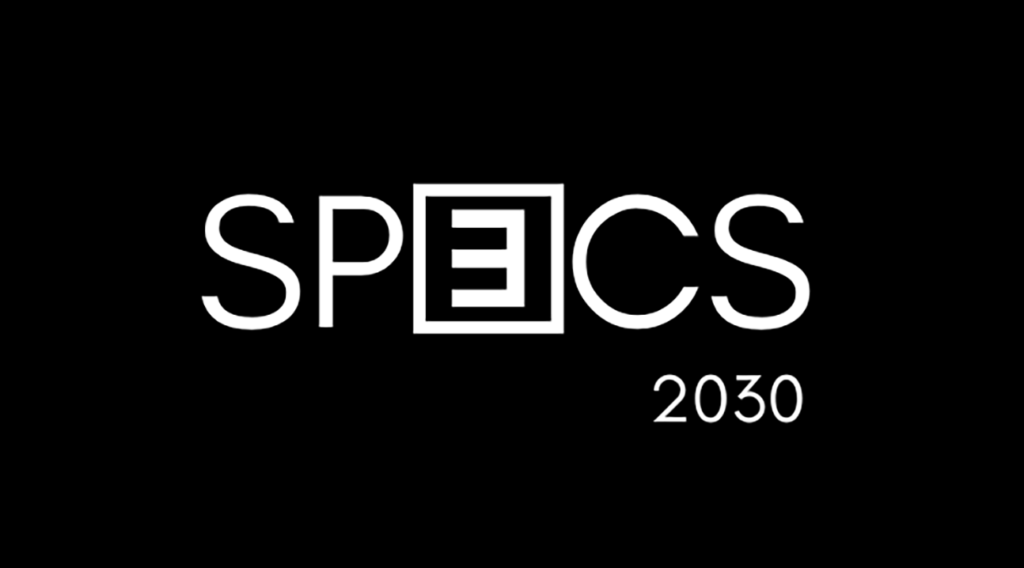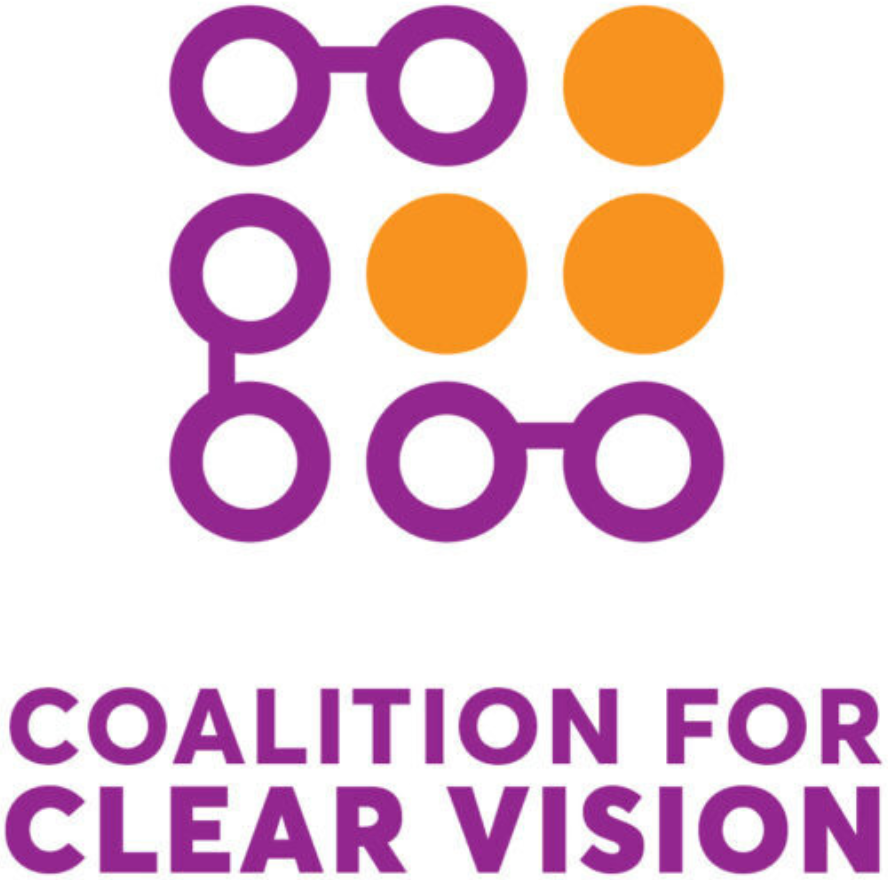The launch of the WHO SPECS 2030 initiative marked a major turning point for global vision care. For over twenty years, RestoringVision has been working towards our vision of a world where everyone who needs glasses has them. Now, with the World Health Organization leading the charge to achieve the ambitious goal of increasing Refractive Error coverage by 40 percentage points by 2030, we are getting closer to that reality.
Commitment was evident among everyone present. Dedicated and enthusiastic individuals from around the world – other UN agencies, NGOs, the private sector, and professionals such as ophthalmologists and optometrists – provided their input, expertise, and insights on how to get there.
The initiative boosts our audacious goal to provide 50 million or more people annually with reading glasses, increasing refractive error coverage in the low-income countries where we work.
There are some critical steps member states can take to help us achieve this goal:
- Importation Taxes and Tariffs
- Glasses are grouped under an import code that includes luxury brand sunglasses, resulting in high importation fees as glasses are seen as cosmetic devices. We need to push for lower importation taxes and tariffs for glasses or create a different import code to ensure affordable importation of glasses. This would especially benefit NGOs implementing Refractive Error services with restricted resources.
- Importance of Service Delivery at the Community Level
- Refractive Error services are not prioritized in most LMICs, leading to poor integration in health systems. The integration of screenings and glasses delivery into primary and community-based healthcare systems is key. This includes Ministries of Health approving the utilization of community health worker networks to extend and ensure Refractive Error service delivery to last-mile customers, particularly as it relates to the delivery of reading glasses.
- Advocating for Low-Cost Quality Products
- Lack of regulation on quality can result in the purchase of sub-standard products. It is crucial that the #SPECS 2030 network supports the member states in identifying sources for high-quality, low-cost products to ensure quality spectacles can be acquired for Refractive Error services in LMICs
Overall, the launch of the WHO SPECS2030 initiative is a watershed moment for the global vision care agenda. The collaborative efforts of all stakeholders involved will create the foundation and pave the way for considerable progress in ensuring low-cost solutions to address Refractive Errors. We are excited to continue this journey.

